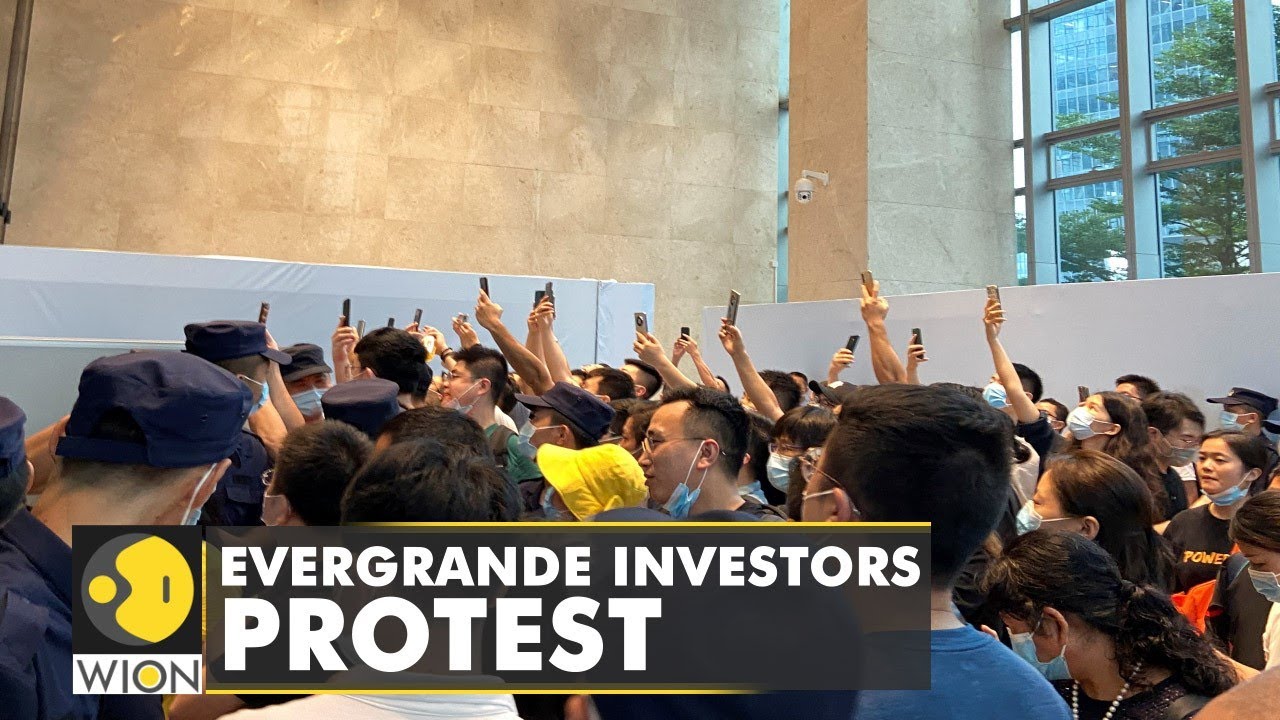Experts say the fraud charges could open up tech industry to further scrutiny, making startups tread more carefully
Theranos founder Elizabeth Holmes was found guilty on Monday of fraud, concluding a high-profile trial that captivated Silicon Valley and chronicled the missteps of the now-defunct blood testing startup.
After seven days of deliberation, the jury in San Jose, California, convicted Holmes on four charges: one count of conspiracy to defraud investors, and three counts of wire fraud against investors. It acquitted her on three charges, including one conspiracy to defraud patients and two charges related to patients who received inaccurate test results. It remained deadlocked on three remaining charges.
The split verdicts are “a mixed bag for the prosecution, but it’s a loss for Elizabeth Holmes because she is going away to prison for at least a few years”, said David Ring, a lawyer who has followed the case closely.
A hearing has been set for next week during which the prosecutors will reveal whether they plan to retry Holmes on the three charges the jury could not come to an agreement on. Experts say such a retrial is not very likely, as the existing convictions already carry considerable sentencing time.
With no prior convictions, Holmes is unlikely to face the maximum prison time her charges carry, which is 20 years, said Neama Rahmani, a former federal prosecutor and president of West Coast Trial Lawyers.
While she will probably face several in prison and more on probation, Holmes is almost certain to appeal, Rahmani added: “She’s not someone who is going to want to do even five months in prison, much less five years,” he said.
Holmes walked freely out of the courthouse on Monday after parties agreed she would not be taken into custody until her sentencing hearing. That date will be set at the hearing regarding the retrial next week. It is expected the judge will take into account the timing of the fraud trial of Holmes’ former partner, Sunny Balwani. His trial is scheduled to start next month in the same San Jose courtroom where Holmes’ legal saga unfolded.
The former CEO’s loss marks a milestone for Silicon Valley – an industry that has for years evaded accountability in its pervasive culture of “fake it till you make it” that encourages founders to make big promises, often with little proof.
“Silicon Valley has thus far been famously been resistant to much prosecutorial activity, because its business model assumes you are going to take an aggressive, optimistic view of your product or service to attract investors,” said Jack Sharman, a white-collar defense lawyer at Lightfoot, a law firm in Alabama.
“And if that product or service succeeds, you’re not a fraudster, you’re a visionary,” he added.
Theranos sold a promise to improve health with multiple tests on one drop of blood – a claim that despite having little scientific proof raised hundreds of millions of dollars and attracted big-name investors such as the media mogul Rupert Murdoch and the former secretary of state Henry Kissinger.
Once a charismatic figure, Holmes was initially hailed as a visionary. Her story represented just how far the cult of personality in Silicon Valley can take someone.
That same cult of personality, however, became her downfall: during the trial, prosecutors painted a picture of Holmes as a strict, power-hungry leader willing to go to any lengths to save her company’s image, repressing internal and external dissent and manipulating the press.
“She chose fraud over business failure,” prosecutor Jeff Schenk said in his closing arguments. “She chose to be dishonest with investors and patients. That choice was not only callous, it was criminal.”
The verdict may embolden prosecutors at large to more aggressively pursue cases of white collar crime and fraud, said Rahmani. In turn, startups may now tread more carefully when making big promises, he added.
“In Silicon Valley, this conviction will resonate with the big law firms that advise startup companies,” Rahmani said. “Attorneys are going to be advising their clients to be more careful, especially in what they say to investors.”
Investors are already taking heed: Silicon Valley investor Jason Calacanis, who was an early backer of major firms like Uber and Robinhood, said the verdict was a “reminder to founders”.
“Never lie, never bend the truth, always be honest about where you are at with your traction, especially when raising money,” he tweeted.
The Associated Press contributed reporting
{{topLeft}}
{{bottomLeft}}
{{topRight}}
{{bottomRight}}
{{/ticker}}
{{heading}}
{{#paragraphs}}
{{.}}
{{/paragraphs}}{{highlightedText}}
{{#choiceCards}}{{/choiceCards}}
